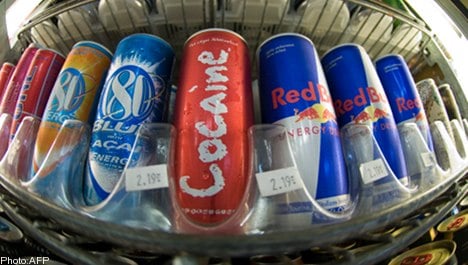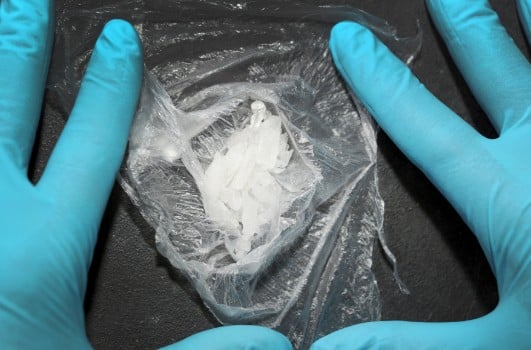The Environmental Court of Appeal in Höganäs decided on Friday that the drink, marketed by a company from nearby Helsingborg, cannot be sold in Sweden.
The court’s decision was based on a number of reasons including the absence of warning labels on the product indicating its high caffeine content.
The drink, which has its origins in Las Vegas, Nevada contains three times as much caffeine as competitor Red Bull.
In addition, the court ruled the name was misleading to consumers and, having failed to register its operations to the court, a 20,000 kronor fine was slapped on the company.
It was further revealed that the drink contains D-Ribose, a sugar supplement targeted towards bodybuilders to improve endurance, or patients with chronic fatigue.
”This is not an approved substance in food provisions in Europe,” said Jan Sjögren, group manager at Sweden’s National Food Administration (Livsmedelsverket), the authority who sought to ban the sale of the drink.
”I don’t have much more knowledge about it but can speculate that it’s a type of sugar.”
The attempt to introduce the drink to Swedish consumers has already aroused much debate. A number of supermarket chains stated they would refuse to stock the drink.
“It has an enormously high caffeine content and a very provocative name,” said Christina Karlsson, dietician for supermarket ICA. ”We decided we would not to sell it in our shops.”
The Skåne-based company who have the right to import the product agree the name is contentious. Yet, co-owner Annica Olofsson adds that responsibility lies with the consumer, not the court.
”You only get one body in this life and it’s up to individuals how they want to take care of it,” she said.



 Please whitelist us to continue reading.
Please whitelist us to continue reading.
Member comments